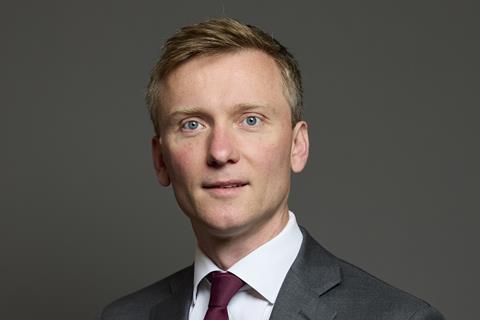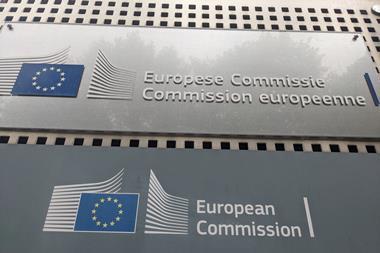A number of consultations closed in January including the reforms to unlock £80bn (€96bn) of investment from local government pension schemes (LGPS) and defined contribution (DC) schemes.
These would include consolidating LGPS assets into a ‘handful’ of mega funds run by professional fund managers and setting minimum size requirements for DC schemes.
Both proposals have been met with pushback from the industry.
LGPS proposals have been branded ‘hazardously ambitious’ as the proposed changes to the scope and scale of pools would be a ‘significant change’.
Councils have also called on the chancellor to remove ‘principal advice’ on asset allocation which would see investment pools replace the role provided by investment consultants and independent advisers in providing investment strategy advice to LGPS funds.
On the DC side, the UK investment industry has warned that mandating a minimum size for schemes will not lead to a higher allocation to UK growth assets on its own, and that consolidation could be better achieved through the existing Value for Money framework.
DB surplus extraction
Building on the Mansion House reforms, the government has finally confirmed it will look at relaxing rules around surplus extraction after it seemed to have missed the opportunity on several occasions over the past year.
The government has said that approximately 75% of schemes are currently in surplus, worth £160bn, but restrictions have meant that businesses have struggled to invest that surplus.
And while until now it was expected that surplus extraction would involve ‘spare cash’ above the buyout funding level, defined benefit (DB) funding figures released by The Pensions Regulator suggest the government is looking to allow surplus extraction above the ‘low dependency level’ – bringing in over 1,000 more schemes into the scope and more surplus available for extraction to schemes that were already funded on the buyout basis.
Shortly after the plans were announced, Schroders’ UK pension scheme declared its commitment to running on and to leveraging a portion of the surplus to partially fund its DC commitments.
The Pension Protection Fund (PPF), meanwhile, announced it will more than halve its levy to £45m, after initially consulting on setting the 2025-26 levy at £100m again.
The move followed the confirmation from the Department for Work and Pensions (DWP) that it would consider proposals to allow the lifeboat greater flexibility to reduce the levy it collects to unlock “millions of pounds” from schemes and sponsoring employers to invest in their businesses and grow the economy.

New pensions minister
Among all the regulatory changes expected in the pensions space, the industry has also welcomed Torsten Bell as the new UK pensions minister after Emma Reynolds left her post to become economic secretary to the Treasury.
Bell’s appointment was widely welcomed by the industry, with the Pensions and Lifetime Savings Association being “optimistic” that he will bring the leadership needed to make progress on both phases of the Pensions Review.
Steve Webb, partner at LCP, meanwhile, pointed out that Bell arrives at the DWP with a “deeper knowledge of pensions than many of his predecessors” given his time at the Resolution Foundation, when he published several reports on pensions and savings issues.
NEST takes 10% stake in Australia’s IFM
Finally, NEST, the UK’s largest pension scheme by members with £49bn (€59bn) of assets, has committed to invest £5bn in private markets with Australian infrastructure manager IFM Investors and is taking a significant ownership stake.
NEST had previously committed to increasing its private markets assets allocation to 30% by 2030. Its current private markets allocation is 17% and the IFM tie-up will, according to chief executive officer Mark Fawcett, be “instrumental” in reaching the 30% target.
Items to note:
- The final instalment of the IPE Real Assets Seminar Series 2025 is on Thursday 27 March at the Walbrook Club in London.
Pamela Kokoszka
UK Correspondent
This news briefing was published earlier in the week. If you would like to receive it regularly, on your ‘IPE profile’, go to ‘My Newsletters‘ and select any from the list.























